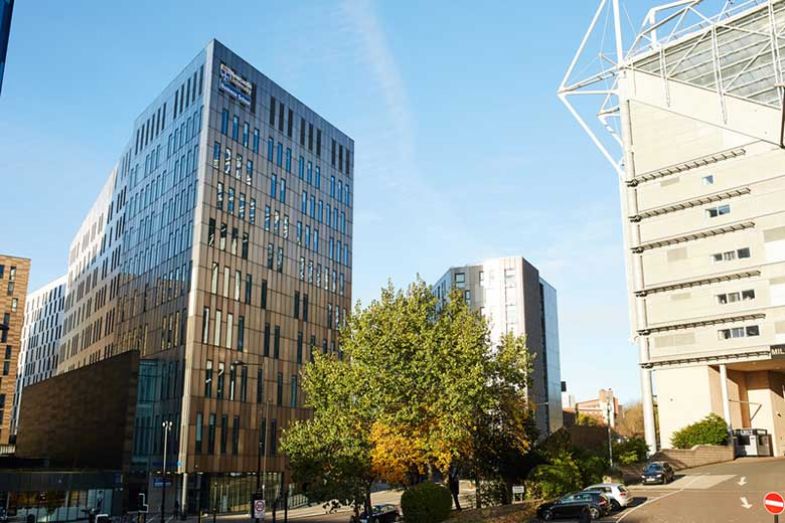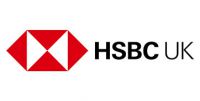
Employability Week enabled HSBC to answer questions and address concerns, writes Matt Knight
Thanks to some fantastic in-house programmes, UK universities are equipping their students not only with the knowledge that they learn on their courses but also with life skills designed to prepare them for the daunting prospect of entering “the real world”. An example of this is Newcastle University Business School’s annual Employability Week event.
Housed in a modern campus building opened in 2012, Newcastle University Business School has a student population comprised of 89 nationalities. It is part of the flagship Newcastle Helix development, a £350 million project that brings together academia, the public sector, community, business and industry from across the region and beyond.
Its Employability Week hosts a programme of seminars, pop-ups and activities. Present at the event in October 2018 were graduate employees, business leaders, student support groups and, for the first time, HSBC’s financial well-being team.
Financial well-being is an increasingly important topic. According to a MetLife study from 2017, one in three people said that they are distracted at work by financial concerns, while 39 per cent of people said that they are living from payday to payday. Graduates entering the workforce have enough stress thinking about getting a job, learning a new role, meeting new people and adapting to a new way of living, without the additional burden of financial worries. For this reason, HSBC is keen to provide basic financial knowledge not taught in schools or colleges, give people an outlet to discuss their financial concerns and help them put in place the building blocks for a sound financial future.
At Employability Week, HSBC hosted a financial well-being pop-up, inviting questions on anything to do with money. Students wanted to know how to get a mortgage if you’re self-employed, how to operate bank accounts in different countries and how Brexit may affect UK banking. These are all ambitious and worthy topics for discussion.
We were also asked how savings work, how much of a deposit would a first-time buyer need for a home and how to improve your credit score when you are young. If students damage their credit score early, it can take a long time to fix and may even come up when they go through screening for a new job. If they don’t start saving for a mortgage early, they could struggle to purchase a house.
As well as our pop-up, we presented a “New to UK” workshop to international students. This session highlighted some of the important information that foreign students who decide to pursue their education or career in the UK need to know. We discussed having a suitable bank account that is not restricted by high international fees, ensuring that the necessary steps are taken to start a good credit rating, notes on the UK property system and other things that can vary greatly from country to country.
HSBC received positive feedback from both students and faculty that they had learned something new. We take great pride in providing financial well-being advice, especially to people starting their careers. No one knows what the future holds, but a solid understanding of finance can make everyone’s hopes, dreams and ambitions a little more achievable.
Matt Knight is the financial well-being lead for Tyne Tees & Cumbria at HSBC UK. Brought to you in conjunction with HSBC. Find out more about HSBC’s financial well-being programme.















